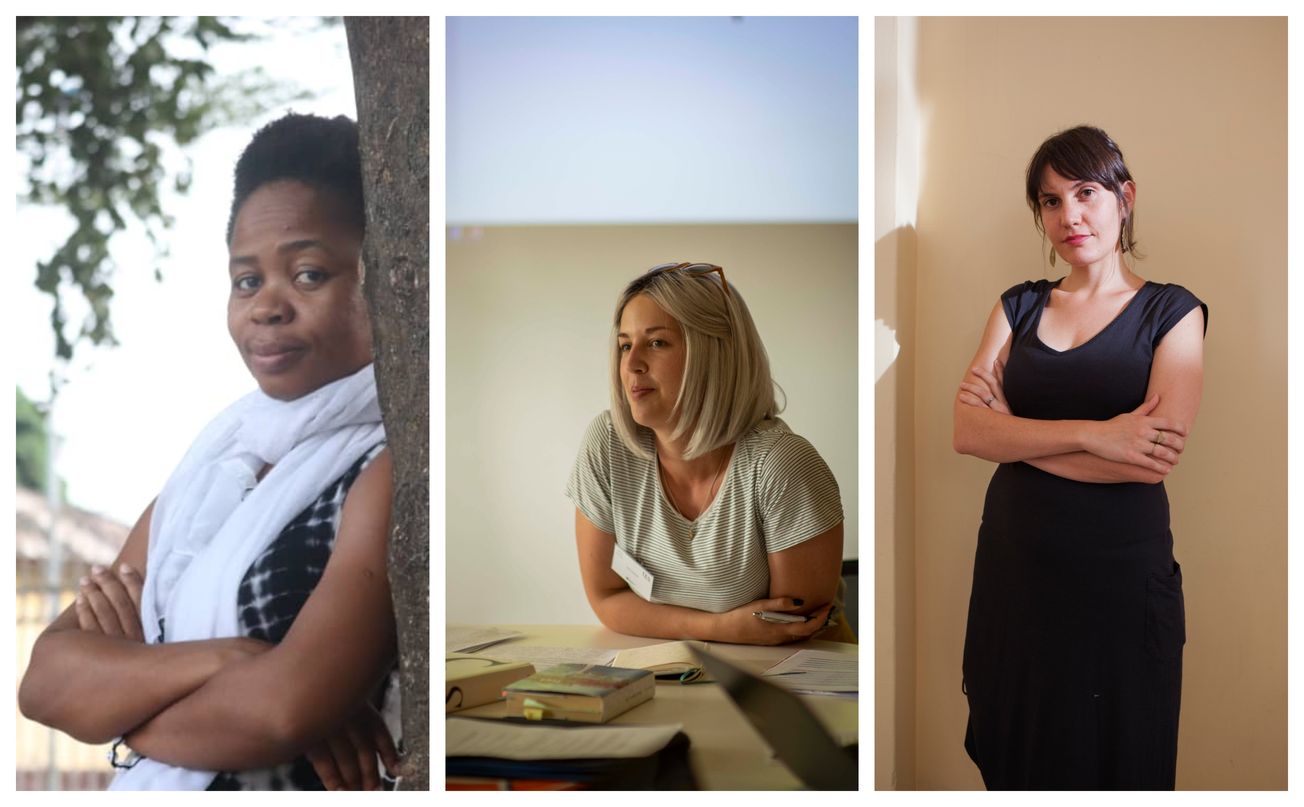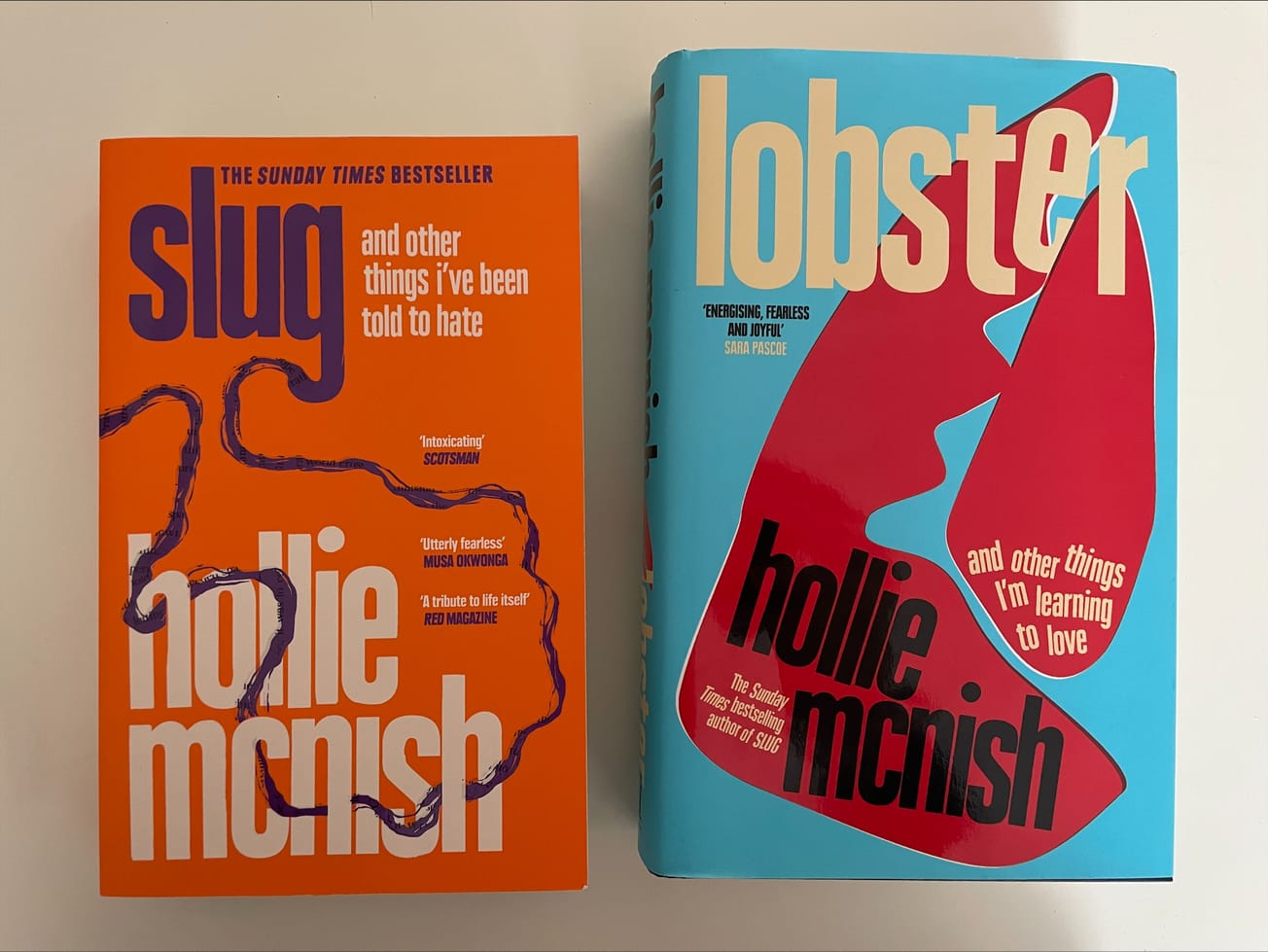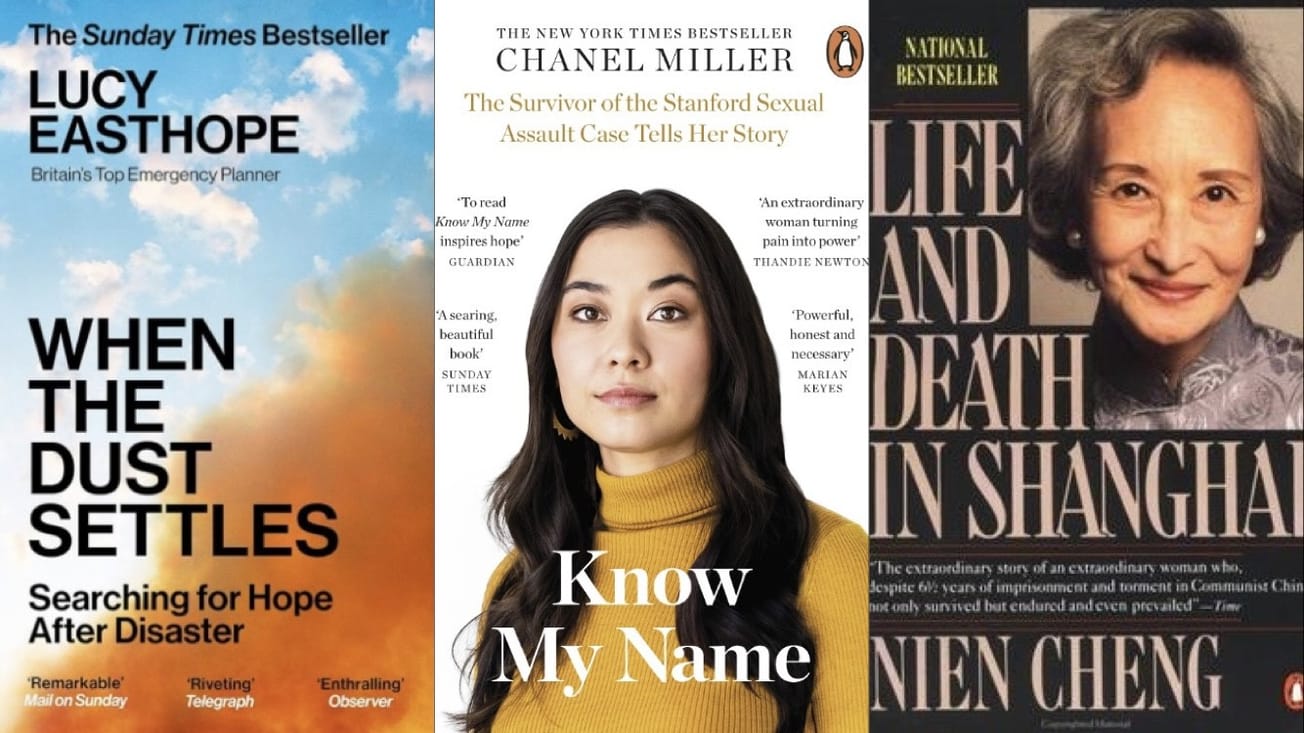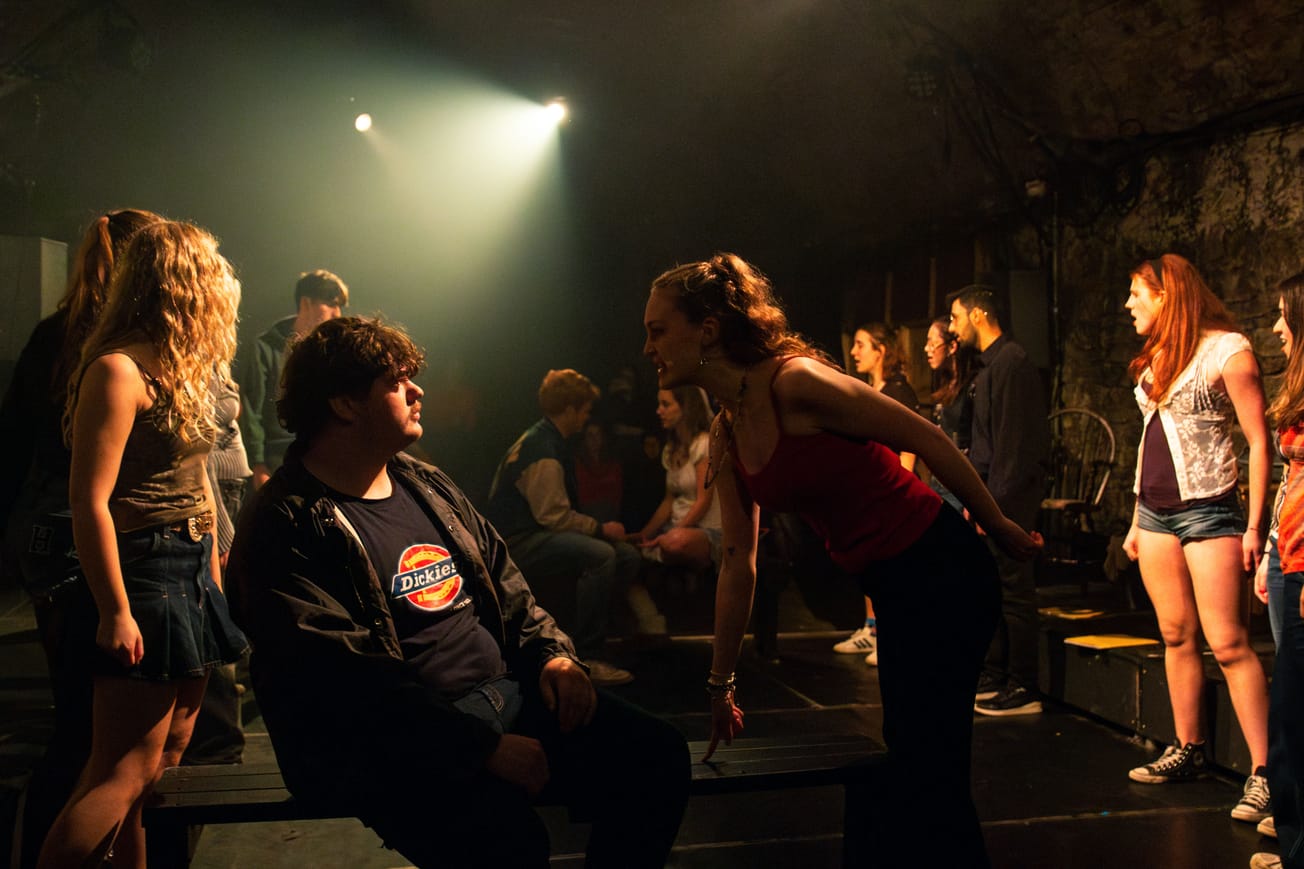By Serafina Lee, Deputy Digital Arts Editor
Epigram Arts talks to feminist journalist Sian Norris, the founder of the UK’s oldest running all-woman literature festival. The festival broadens our understanding of literary tradition, giving a voice to the historically voiceless. Dealing with a shifting literary landscape, the festival delves into the most prevalent contemporary issues facing women writers today.
The Bristol Women’s Literature Festival is a celebration of all kinds of literary talent, platforming a diverse range of women writers. The lineup is a vibrant tribute to the rich literary heritage of female authorship, featuring journalists, academics, memoirists, novelists and poets. Sian Norris is the feminist journalist behind the festival, writing for The Guardian, The Independent and NewStatesmen, to name a few. She has been working tirelessly to advocate for gender equality in an industry that continues to alienate women’s work.
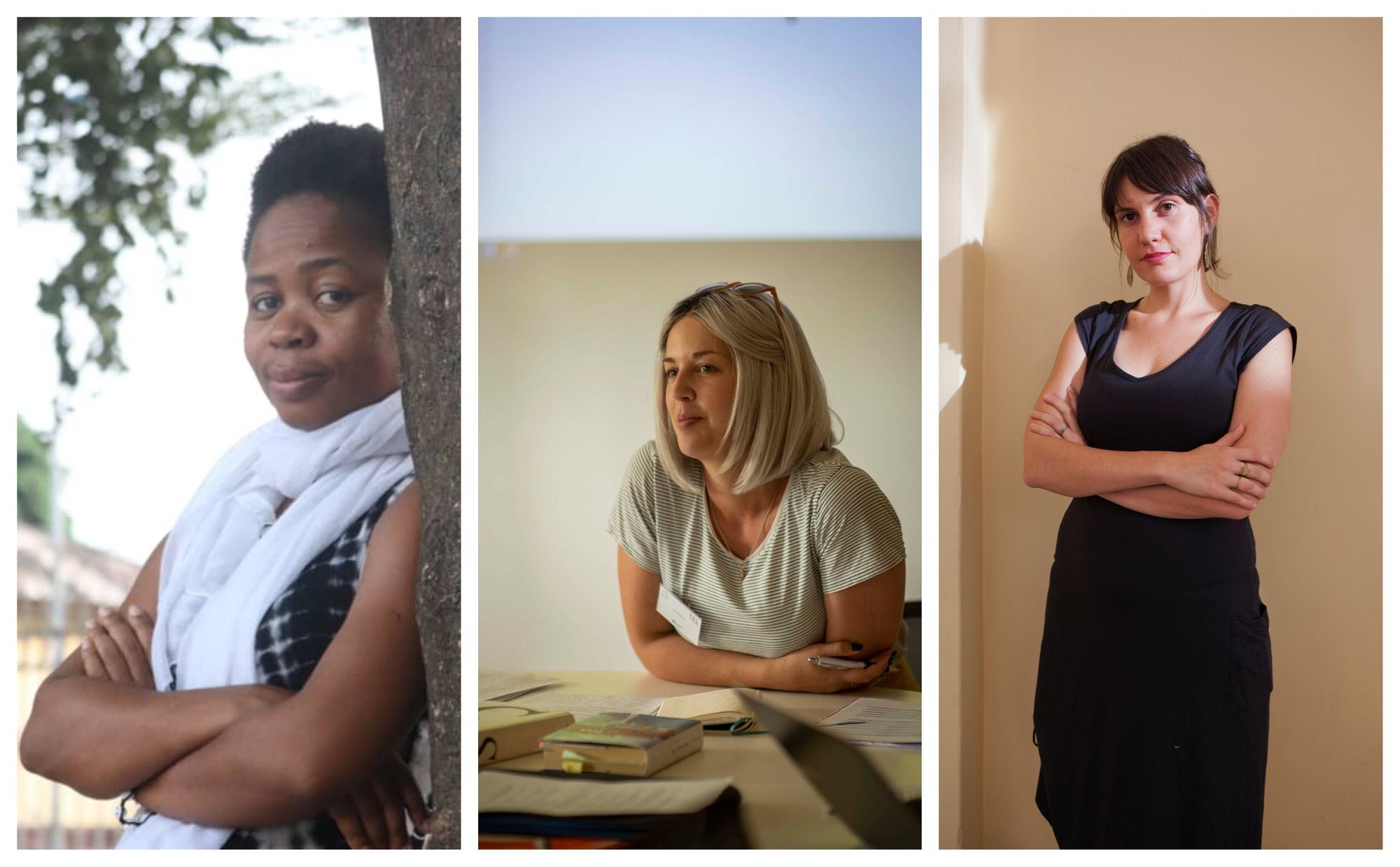
Sexism is still very much alive in the literature industry today, with ‘titles by female authors being sold at less than half the price of those by their male counterparts’, despite most readers of fiction actually being women. Women’s writing has historically been categorised first and foremost through gender, marginalised into the dusty shelf of ‘women’s writing’ as the white male literary gods dominate the canon. People of colour and LGBTQ+ writers have also been excluded from the canon, only allowed to occupy the peripheries of an elitist literary tradition and valuation of artistic merit.
Women's writing has historically been categorised first and foremost through gender
Culture and literature festivals have in the past been notoriously hostile to women, people of colour and LGBTQ+ people. Sian noted the lack of diversity and was inspired to create a festival that is the absolute antithesis of exclusion, providing a space of representation for historically suppressed voices. She tells me that ‘we were looking at where women were absent, where they were present, and how they were being represented. It was really stark how few women were being represented in literature festivals, and when they were it was just on women’s writing panels and it just felt like “right, we’ve ticked the women’s box”. You can see this real disparity between where women were allowed to speak in cultural events, literature festivals and prize-winner lists. They were on the best-seller lists but this didn’t translate into the prize lists.’

Labelling is a tricky issue for women writers, or any writers that aren’t part of the patriarchal canon. Whilst the label of ‘women’s writing’ can be inherently limiting, trivialising and patronised as only encompassing domestic topics, the label for some women can be an empowering form of self-identification. In our society, the unique challenges faced by women writers force their gender to be a large part of their authorial experience. The Bristol Women’s Literature Festival is also largely defined as above all a women’s festival. I ask Sian about this difficult border between empowerment and confinement: ‘It’s up to each individual woman to think about how she wants to label her writing. Some women, people of colour and queer people have really embraced it, advocating the labels as a much-needed identification and representation. Other women say “no, I’m just a writer, my work stands on its own”. It’s up to the individual, but on a societal level you’re still going to get pigeonholed so we need to break open those identities.
‘V.S. Naipaul, who is a Nobel Prize winner, in an interview said that women write about the domestic and men write about the universal. We need to stop thinking about women’s writing as small or domestic, or about relationships. It is all of those things, but they are also universal subjects. There is still a real problem of thinking that women’s writing belongs in a specific category. As an argument I’m not helping that, because I have created a women’s festival which looks at women as writers, but at the same time, if you don’t make proactive efforts to include women then the norm reasserts itself, and the norm tends to be mostly men, mostly white, mostly straight.'
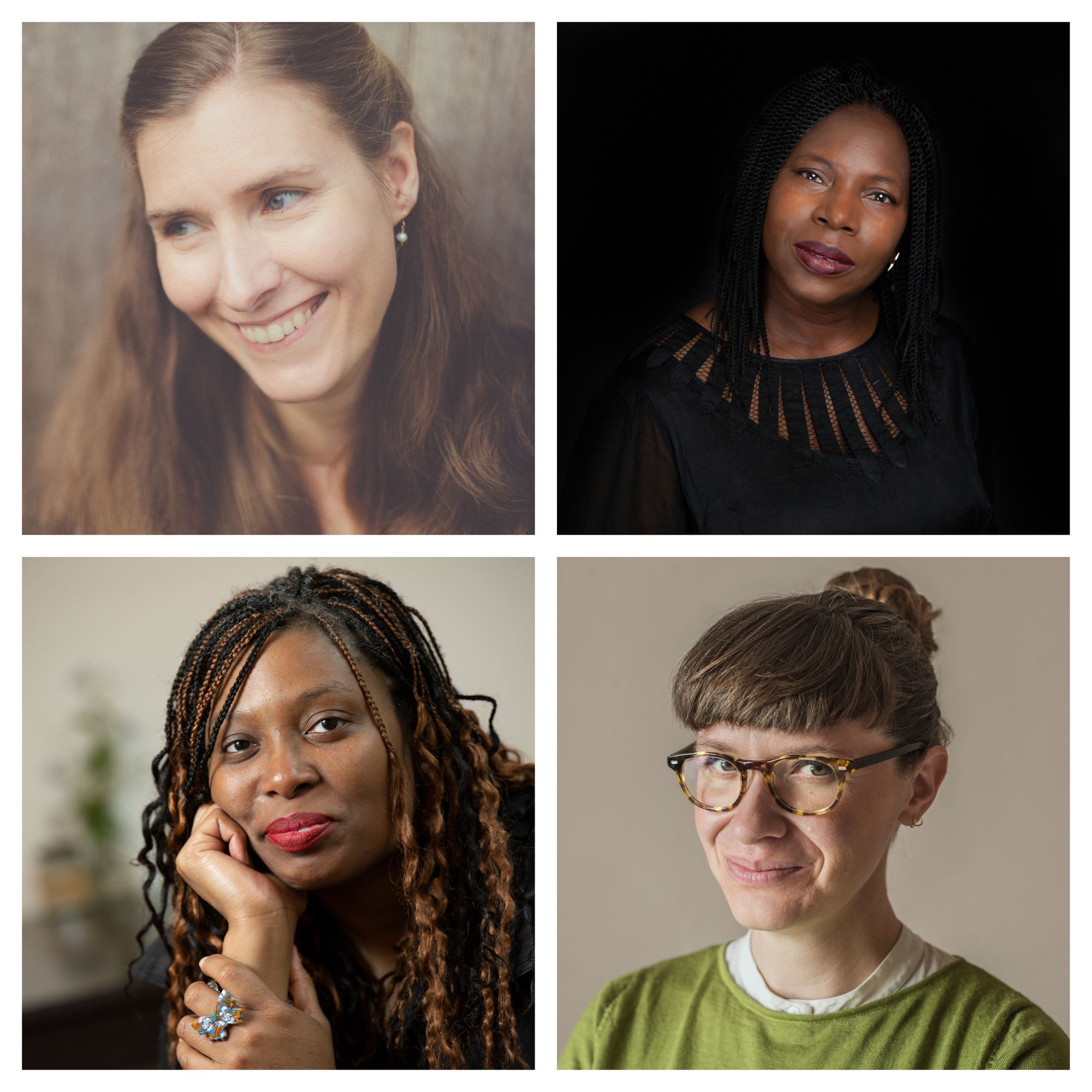
By representing successful women writers, the festival encourages aspiring writers and broadens the conception of literature as a male-dominated field. Sian is also eager to promote ‘debut writers alongside mid-career writers. We are bringing in really well known writers, such as Naomi Woods, but also women that people might not have heard of before. We want people to go away really enthused and excited to discover their works.’ The festival is an essential platform for lesser known writers, and covers multiple literary genres. The festival is a composite of contemporary themes, such as nature writing, memoir writing, and women in translation. The panel is diverse and international, featuring writers such as Trifonia Melibea Obono, the first women from Equatorial Guinea to have a work translated into English.
Sian explains: ''I think it’s really important to create space for women’s voices and for women to have a place where they can talk about their work, their journey, and their practise, but also so that women in the audience can see themselves reflected through the panels. It’s really important to me to have diverse lineups. I object to all white panels. We have LGBTQ+ women; women from low economic backgrounds. We want women to think “if this woman can be a writer, then so can I.”
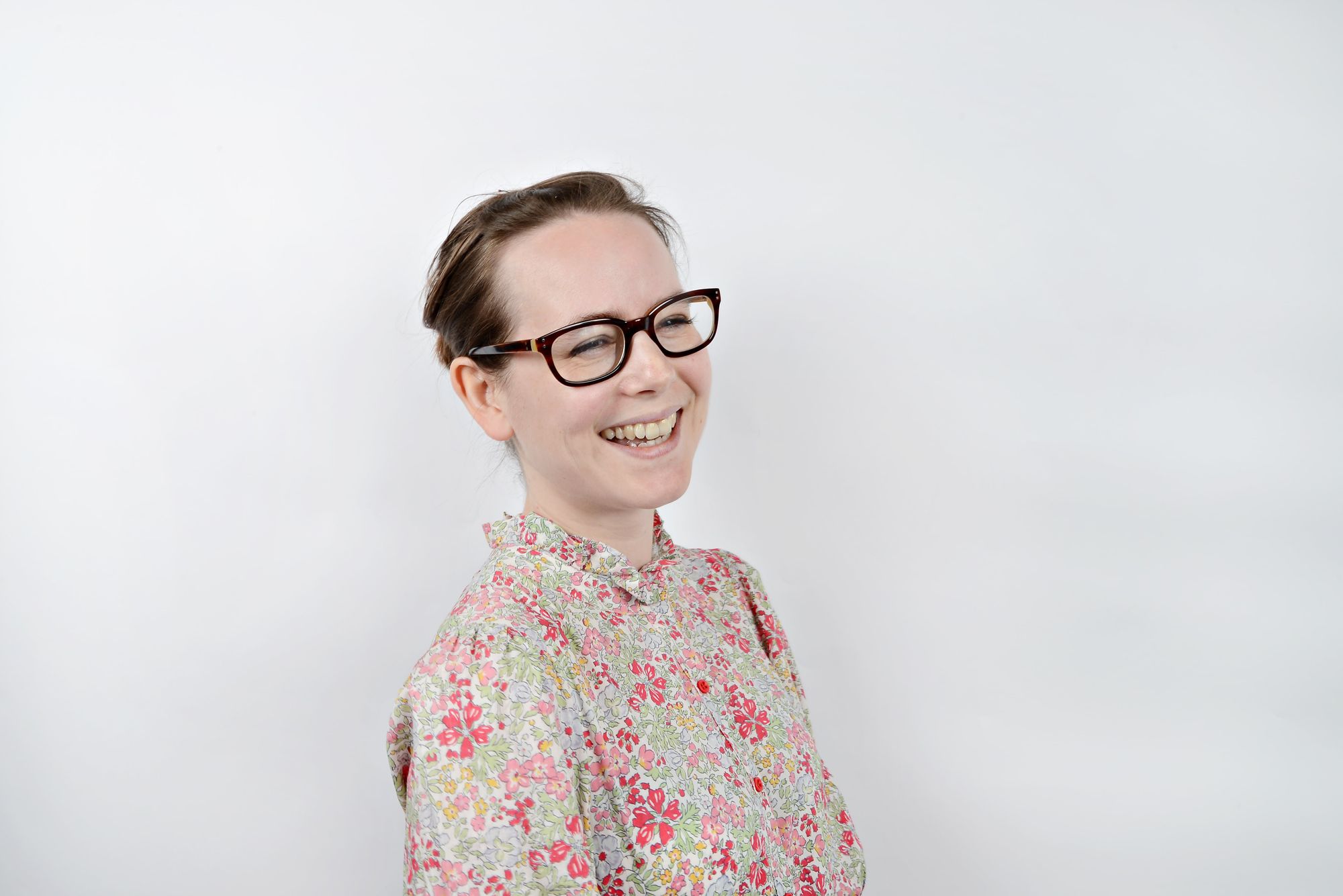
There is still a dangerous conception of women’s personal lives as synonymous with their work, something Sian tries to dismantle: 'The association of women’s work with their lives is problematic. Even if it is based on real experience, it is still craft, it is still work. The issue is across public life and it is an issue for two reasons. The first is that there is still a real assumption that when women write, they are writing about themselves and that when men write they are writing a creative fictional narrative. Women still get asked, “is this about your divorce, is this about your father?’ She laughs, ‘As a writer myself, it is a real worry.’
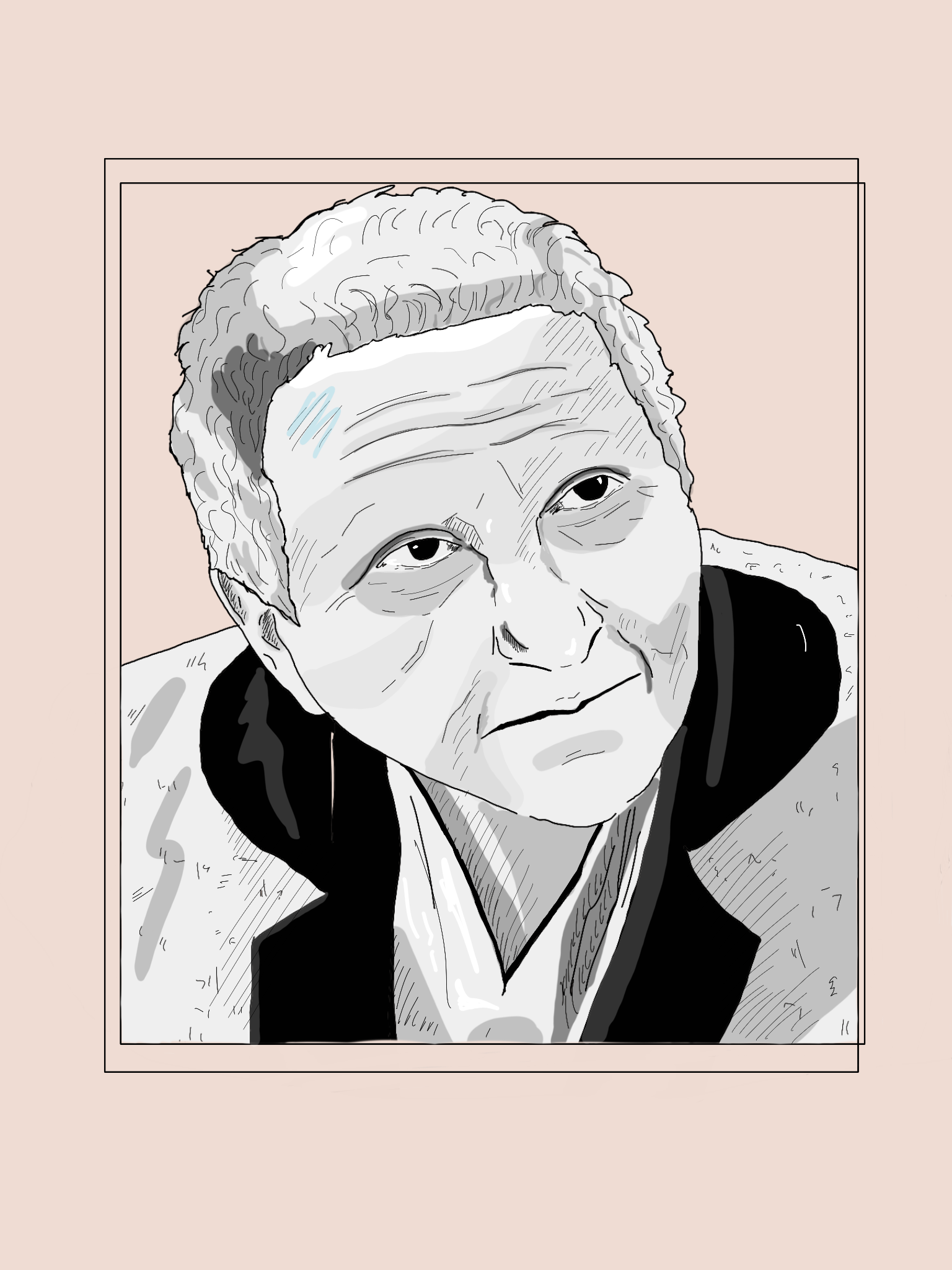
|Still I Rise: Feminisms, Gender, Resistance - Act 3 @ Arnolfini ★★★★
Part of Sian’s reappraisal of the canon is acknowledging varying levels of privilege, reconfiguring how merit is judged. Different writers will have a unique set of societal experiences and our understanding of literary merit has been constructed through a patriarchal lens. A universal measure of quality is impossible. She says, ‘We are still very stuck on ideas of reviewing by merit. But if you’re looking at merit in a patriarchal and white supremacist society, you’re ignoring the fact that certain groups of people have privilege and power that others do not. We need to shift the way we think about what subjects men and women are writing about, how they are received and what we mean when we talk about merit.'
The Bristol Women’s Literature Festival begins on the 28th March at Watershed and tickets can be purchased here.
Featured Image: Bristol Women's literature Festival / Aquiles Mensa Site for Trifonia Melibea Obono, Claudia Leal for Laia Jufresa and Unknown for Olivia Hellewell
Will you be supporting the Bristol Women's Literature Festival?

